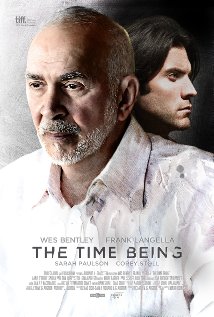Country: USA
Review: More than ever, super-heroes movies are a trend in cinema. Sadly, the last experiences revealed that, the more the technology advances, the worst is the film, which usually tries to emphasize the visual aspect in detriment of anything else. Helmer James Mangold (“Walk The Line”, “3:10 To Yuma”), along with the pair of screenwriters, Mark Bomback and Scott Frank, seems to have understood this aspect because “The Wolverine” stands slightly above its’ recent competitors, “Man Of Steel” and “Iron man 3”. At least I could follow a minimally interesting story without seeing action on top of action at every three minutes. Logan (Hugh Jackman), living as a hermit and haunted by his past, is suddenly taken into Japan to meet with Yashida, a long-time acquaintance. In his deathbed, Yashida thanks him for having saved his life in the war, but also proposes to transfer Logan’s powers to his own body in order to become immortal. In this Japanese adventure, Logan falls in love with Yashida’s granddaughter Mariko, who became a Yakuza target; he will have to defeat the malevolent Viper, ninjas, and samurais, with the help of clairvoyant Yukio. With some drawbacks and lack of funny moments (that’s not what I would expect from this super-hero), “The Wolverine” provided us with decent action scenes and didn’t leave a bad impression of the most prominent X-Men's mutant hero.















































